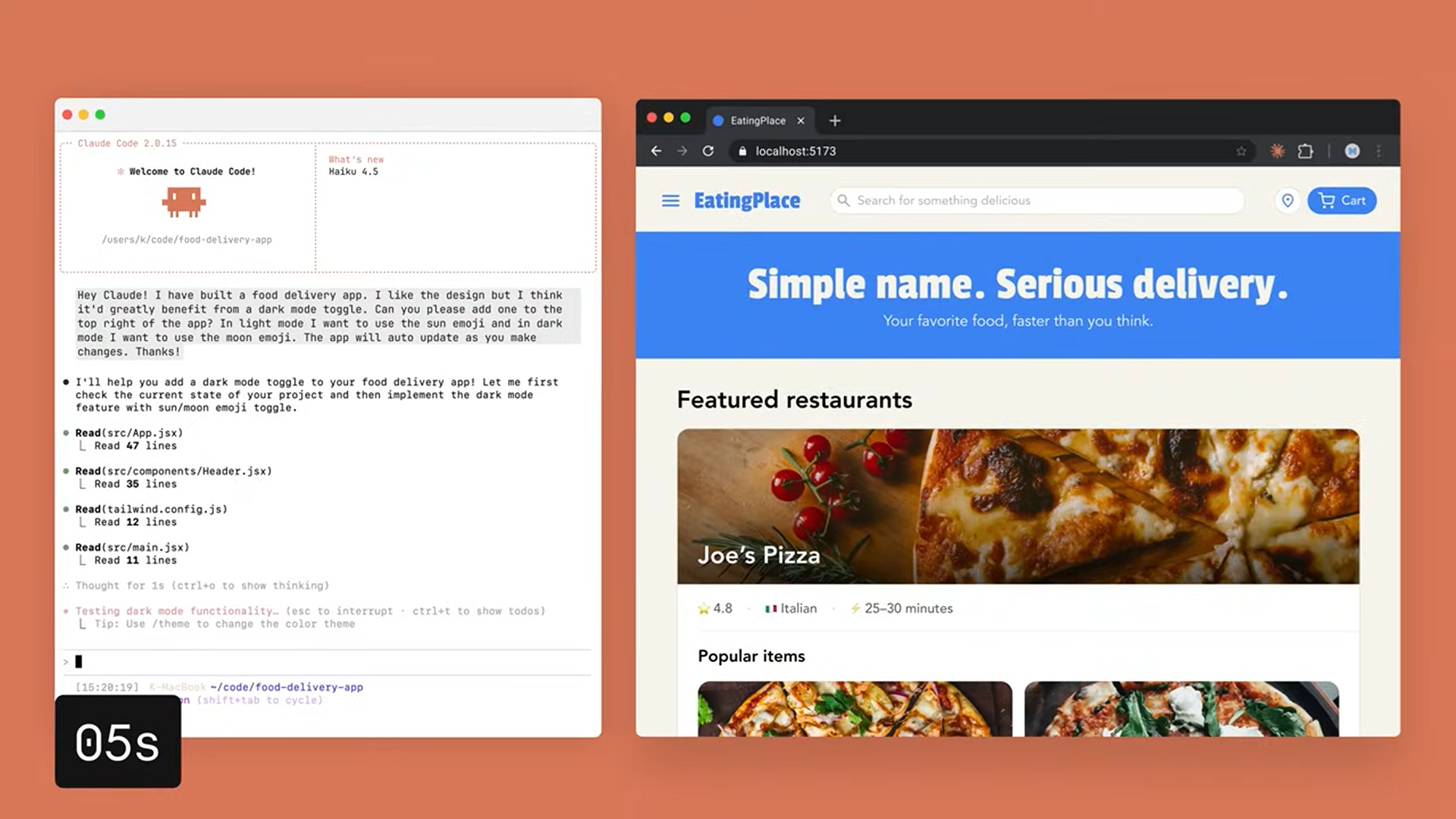Anthropic Launches Claude Haiku 4.5, a Fast, Lightweight AI Model for Free Users

Key Points
- Claude Haiku 4.5 delivers roughly double the speed of previous lightweight models.
- The model is nearly as capable as the larger Claude Sonnet series.
- Haiku 4.5 becomes the default AI for all Claude free‑tier users.
- Designed as a sub‑agent, it handles small tasks under the direction of larger models.
- Integrates with Anthropic’s tool ecosystem, including Chrome extensions and Pro accounts.
- Features a lower sycophancy score for more objective responses.
- Offers a faster, cheaper entry point for developers and everyday users.
Anthropic has introduced Claude Haiku 4.5, a new AI model that prioritizes speed and cost efficiency while delivering performance close to its larger sibling, Claude Sonnet. Marketed as a sub‑agent that can handle small, targeted tasks under the direction of larger models, Haiku 4.5 becomes the default option for all Claude free‑tier users. The model promises double the latency speed of previous small models, lower sycophancy, and tighter integration with Anthropic’s tool ecosystem, offering a faster, cheaper entry point for developers and everyday users alike.
Claude Haiku 4.5: Speed and Efficiency Redefined
Anthropic announced the release of Claude Haiku 4.5, a compact AI model designed to operate at twice the speed of earlier lightweight models while retaining capabilities that are nearly comparable to the larger Claude Sonnet series. The company positions Haiku 4.5 as a cost‑effective alternative for scenarios where latency matters, such as real‑time conversations, embedded app functions, or online agent tasks.
Default for Free‑Tier Users
In a strategic move, Anthropic has made Claude Haiku 4.5 the default model for every user on the Claude free tier. This shift gives free‑tier users immediate access to a model that delivers fast responses without the higher computational expense associated with larger models.
Sub‑Agent Architecture
Haiku 4.5 is described as a "sub‑agent" within a broader model ecosystem. It can perform small, focused actions while being directed by larger, slower models like Claude Sonnet. In practice, Sonnet handles planning and coordination, delegating discrete tasks to multiple Haiku 4.5 agents that operate concurrently, thereby improving overall efficiency.
Integration with Anthropic’s Toolset
The new model slots seamlessly into Anthropic’s existing tool ecosystem. It powers Claude for Chrome extensions and coexists with other Anthropic models—such as Sonnet and Opus—within Claude Pro accounts, allowing developers to select the most appropriate model for each task type.
Safety and Tone Improvements
Anthropic highlights safety enhancements in Haiku 4.5, noting a significantly lower sycophancy score compared with earlier Haiku iterations and flagship models like Opus. This reduction means the model is less likely to provide answers that merely echo user expectations, contributing to a more objective conversational experience.
Implications for Users and Developers
For everyday users, the introduction of a faster, free‑tier default model lowers the barrier to high‑quality AI interaction. Developers benefit from reduced latency and operational costs, enabling the creation of snappier, more interactive applications that can still leverage Anthropic’s broader suite of models for more complex tasks.
Strategic Positioning
Anthropic’s rollout of Claude Haiku 4.5 underscores a market shift toward performance metrics that value speed and cost alongside raw capability. By offering a model that balances these factors, Anthropic aims to meet user demand for quick, reliable AI assistance without sacrificing safety or overall intelligence.